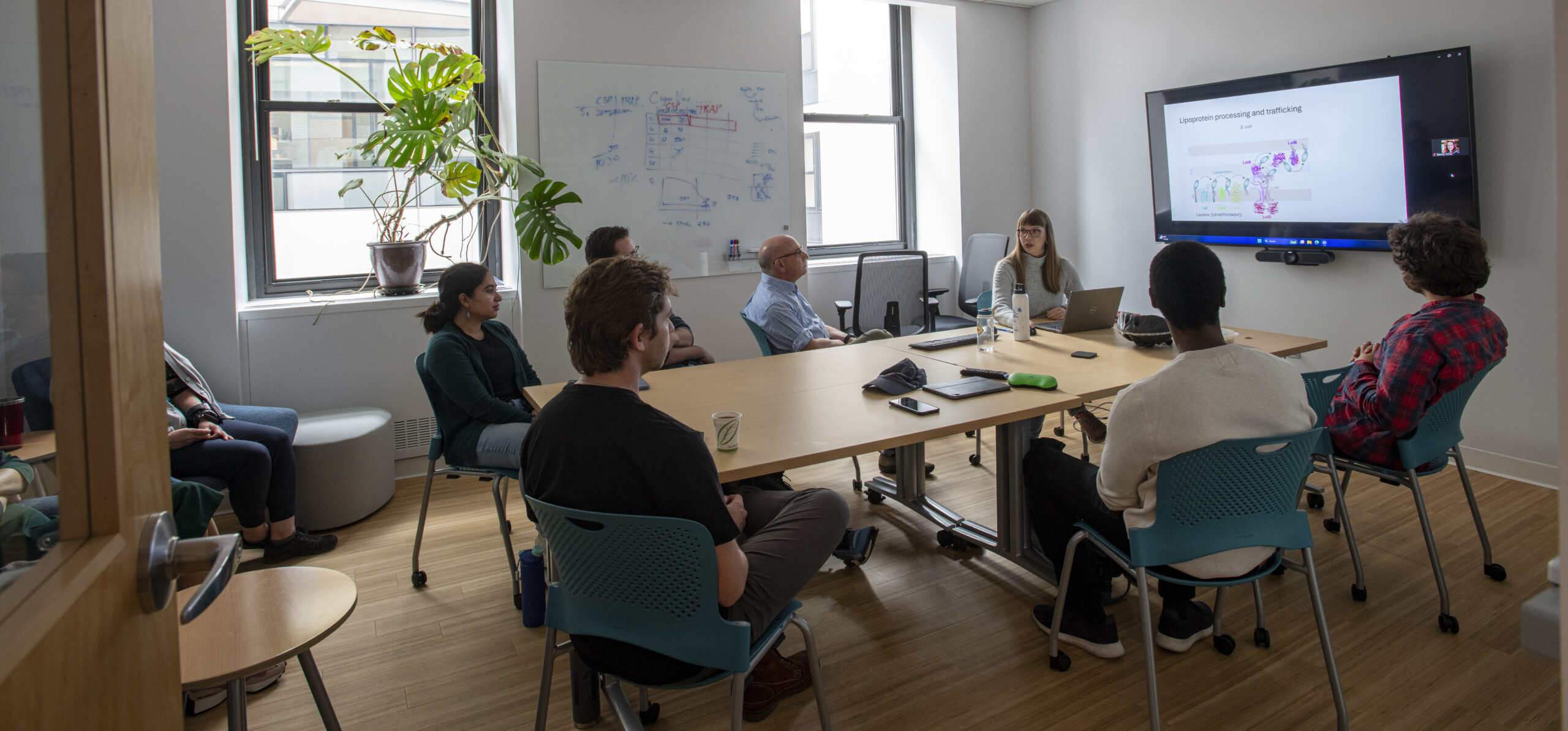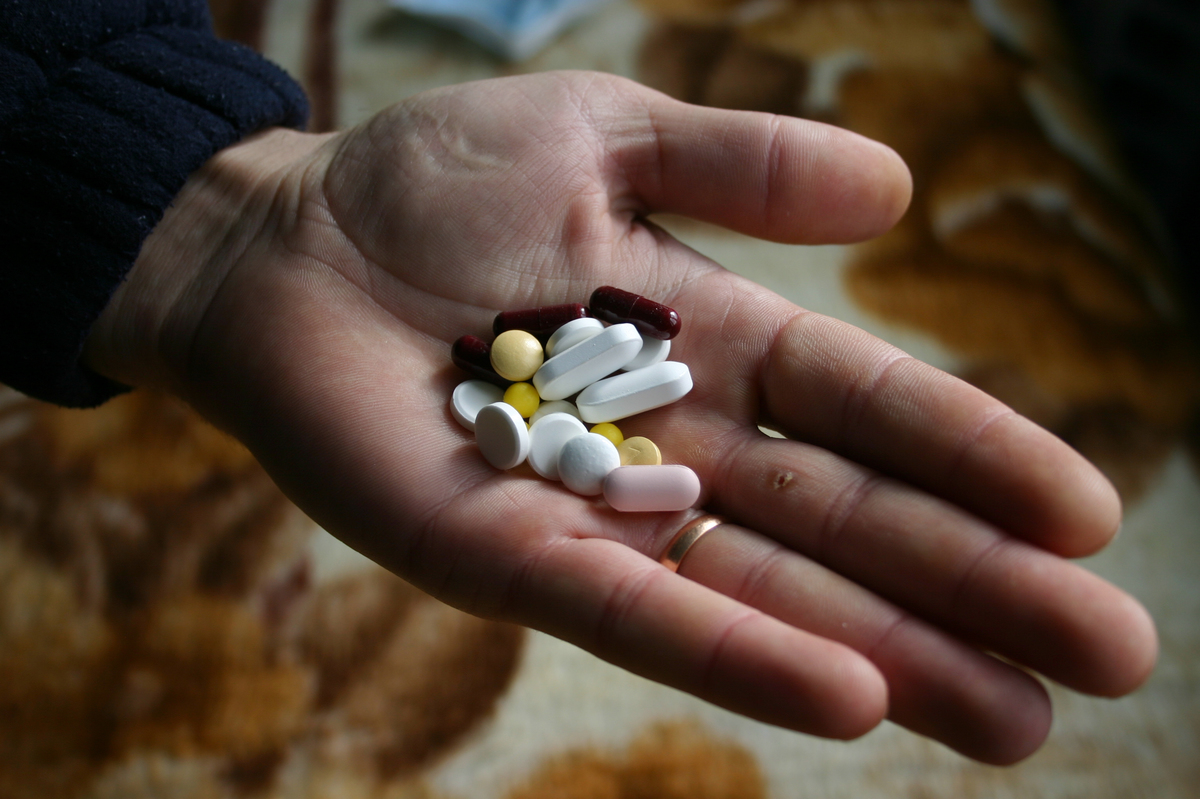Rubin Lab
Tuberculosis (TB) kills 1.3 million people each year. Our research on Mycobacterium tuberculosis focuses on its cell biology and how it causes TB, to develop new therapies. We also study non-tuberculous mycobacteria (NTM), as cases are increasing in number and hard to treat, aiming to discover new treatments through advanced research tools.
Harvard T.H. Chan School of Public Health
665 Huntington Ave.
Building 1, Room 810
Boston, MA 02115
What We Do
Why TB?
The impact of tuberculosis on human health is enormous. Tuberculosis kills 1.3 million people every year. Despite having had a vaccine, diagnostics, and drugs for TB since the mid-20th century, TB remains the leading infectious killer and drug resistance is on the rise. Our goal is to better understand the basic biology of this pathogen and how it causes disease, in order to develop the improved therapeutic strategies that we so desperately need to fight it.
What drives our research approach?
Our pursuit of a deeper understanding of TB and NTM infections guides our research, aiming to improve drug discovery. This focus inspires us to innovate and develop new methodologies, which facilitate exploring fresh research questions and advancing our scientific knowledge.

Our Research
Non-tuberculous mycobacteria (NTM) are environmental organisms and opportunistic pathogens, posing a particular risk for those with underlying lung disease or immunosuppression. These infections are extraordinarily difficult to treat. We are applying some of the tools we’ve developed to study TB to this group of organisms, to better understand their unique biology with the ultimate aim of discovering new therapeutics.
Mycobacterium tuberculosis grows slowly and is difficult to manipulate because it is biohazardous. We have long been interested in both creating genetic tools to understand TB biology and pathogenesis, and using genetics and complementary methods to probe bacteria during infection.
Current TB drugs are both cheap and effective, yet the death rate due to TB continues to be extraordinarily high. Two factors limit the usefulness of existing drugs – the long courses of therapy needed for cure, which in turn require substantial supporting infrastructure to deliver care, and the rising rate of drug resistance. Our lab is interested in both understanding how older antibiotics work in an effort to combat resistance, and contributing to the development of new anti-TB drugs.
Mycobacterium tuberculosis is a unique bacterium, with many basic biological processes that differ from other organisms. Our lab studies several areas of cell biology of the organism, including central processes such as cell wall metabolism, cell growth and translation.
